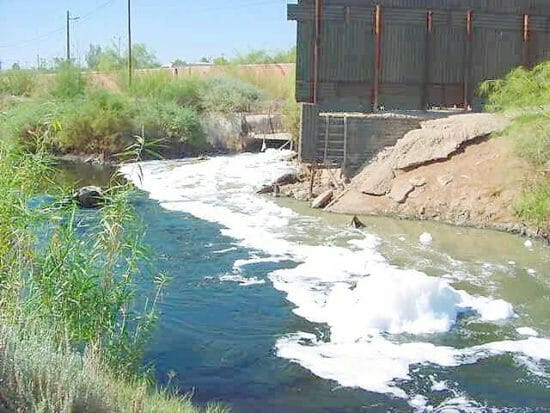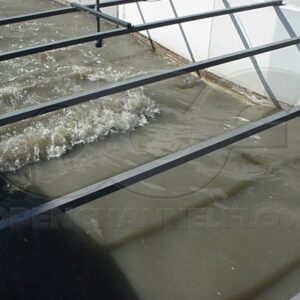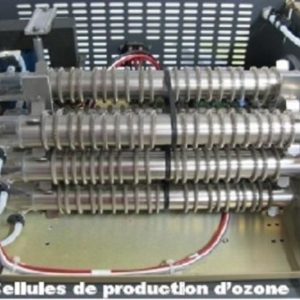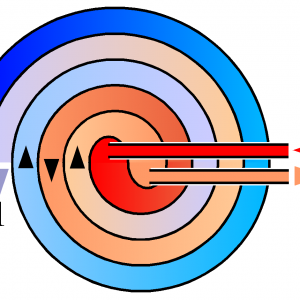E – 1156 Methods for Cleaning of Contaminated Soils and Groundwater
$125.00
Courses Included
EPA’s Technology Innovation and Field Services Division has developed a set of twenty-two guides summarizing cleanup methods used at Superfund and other sites. This course describes these methods, and, for each method, answers six questions in a concise and accurate manner: 1) What is it? 2) How does it work? 3) How long will it take? 4) Is it safe? 5) How might it affect the public? and 6) Why use it?
This course is intended for civil, construction, environmental, and geotechnical engineers, and is especially useful for Remedial Project Managers and Community Involvement Coordinators who must explain complicated treatment technologies to the lay public.
This course is based on a compilation of the EPA’s Technology Innovation and Field Services Division’s “A Citizen’s Guide Series to Cleanup Technologies”, published in 2012. See http://cluin.org/products/citguide.
Description
EPA’s Technology Innovation and Field Services Division has developed a set of twenty-two guides summarizing cleanup methods used at Superfund and other sites. This course describes these methods, and, for each method, answers six questions in a concise and accurate manner: 1) What is it? 2) How does it work? 3) How long will it take? 4) Is it safe? 5) How might it affect the public? and 6) Why use it?
This course is intended for civil, construction, environmental, and geotechnical engineers, and is especially useful for Remedial Project Managers and Community Involvement Coordinators who must explain complicated treatment technologies to the lay public.
This course is based on a compilation of the EPA’s Technology Innovation and Field Services Division’s “A Citizen’s Guide Series to Cleanup Technologies”, published in 2012. See http://cluin.org/products/citguide.
- Learning the goals of activated carbon treatment;
- Learning about air stripping;
- Being introduced to capping;
- Learning about the proper techniques of ecological revitalization;
- Understanding the principles of evapotranspiration covers;
- Understanding the need for excavation of contaminated soil;
- Becoming familiar with the process of fracturing for site cleanup;
- Learning the goals of greener cleanups;
- Selecting incineration when appropriate;
- Deciding when to apply in situ chemical oxidation;
- Learning about in situ chemical reduction;
- Being introduced to in situ thermal treatment;
- Learning about the proper techniques of monitored natural attenuation;
- Understanding the principles of permeable reactive barriers;
- Understanding the need for phytoremediation;
- Becoming familiar with the process of pump and treat;
- Learning the goals of soil vapor extraction and air sparging;
- Selecting solidification and stabilization when appropriate;
- Being introduced to thermal desorption;
- Deciding when to apply vapor intrusion mitigation; and
- Learning about vertical engineered barriers.






